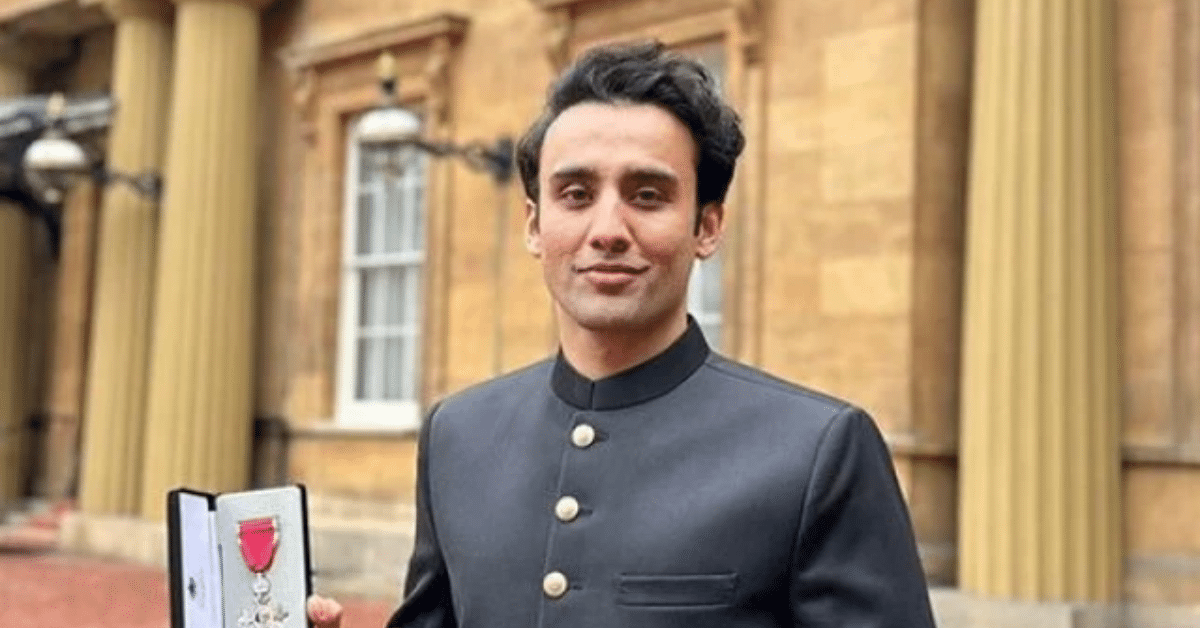Key Takeaways
- Pakistan scored first by appointing a special minister for blockchain and crypto affairs.
- The move comes one day after the country pledged to supply 2,000 MW of electricity for Bitcoin mining and AI.
- The decision aligns with the government’s recent proposal for a regulatory framework for digital assets based on the FATF’s rules.
Pakistan’s Prime Minister Shehbaz Sharif has scored a first by appointing a special assistant with minister status to handle blockchain and crypto affairs.
According to an official press release, Sharif appointed Bilal Bin Saqib as the Chief Advisor to the Finance Minister for the Pakistan Crypto Council (PCC). He also serves as the Chief Executive Officer (CEO).
Oversee Blockchain Integration in Governance
Saqib’s responsibilities will include developing a comprehensive, FATF-compliant regulatory framework for digital assets, launching Bitcoin mining initiatives, and overseeing blockchain integration in governance, finance, and land records. The latest development comes a day after the federal government announced a 2,000 megawatt (MW) electricity allocation for the first phase of a national initiative to support Bitcoin mining and Artificial Intelligence (AI) data centers.
Earlier in May, the country’s Finance Ministry also approved the creation of a dedicated body to supervise the country’s blockchain-based financial infrastructure. Named the Pakistan Digital Assets Authority (PDAA), the body would oversee several duties, including licensing and regulating exchanges, custodians, wallets, tokenized platforms, stablecoins, and decentralized finance applications.
Named in the Forbes 30 Under 30 List
The Assistant for blockchain and crypto affairs is a graduate of the London School of Economics in the United Kingdom and received the title of Member of the Most Excellent Order of the British Empire from King Charles III. Saqib currently leads the Pakistan Crypto Council, where he appointed former Binance CEO Changpeng “CZ” Zhao as an adviser. He was also named in the Forbes 30 Under 30 list.
Pakistan is prosperous with a large crypto-loving demographic that has led to widespread crypto adoption, making the country one of the leading emerging markets for blockchain and crypto finance innovation. The government is also the world’s third-largest freelancer market, showcasing its dynamic and entrepreneurial digital workforce. Pakistan graduates 50,000 IT graduates annually, adding to the country’s growing pool of tech-savvy youth ready to drive innovation and participate in the global digital economy.
Conclusion
The appointment of a special assistant for blockchain and cryptocurrency affairs aligns with Pakistani regulators’ recent proposal for a regulatory framework for digital assets that is compliance-focused and in line with rules laid out by the FATF. The country consistently ranks in the top 5 globally for crypto adoption, reflecting its strong grassroots engagement with digital assets. Out of a population of 240 million, 70% of Pakistanis are under the age of 30.
Frequently Asked Questions
Does Pakistan’s legal framework support cryptocurrency trading operations?
The laws affecting cryptocurrency trading are becoming official throughout Pakistan as its acceptance grows during 2025.
What regulatory body oversees cryptocurrencies in Pakistan?
The State Bank of Pakistan (SBP) and the Securities and Exchange Commission of Pakistan (SECP) are Pakistan’s two main regulatory agencies.
Are cryptocurrency transactions subject to taxation within Pakistan’s legal framework?
The Federal Board of Revenue is developing official guidelines for taxing cryptocurrency deals.























